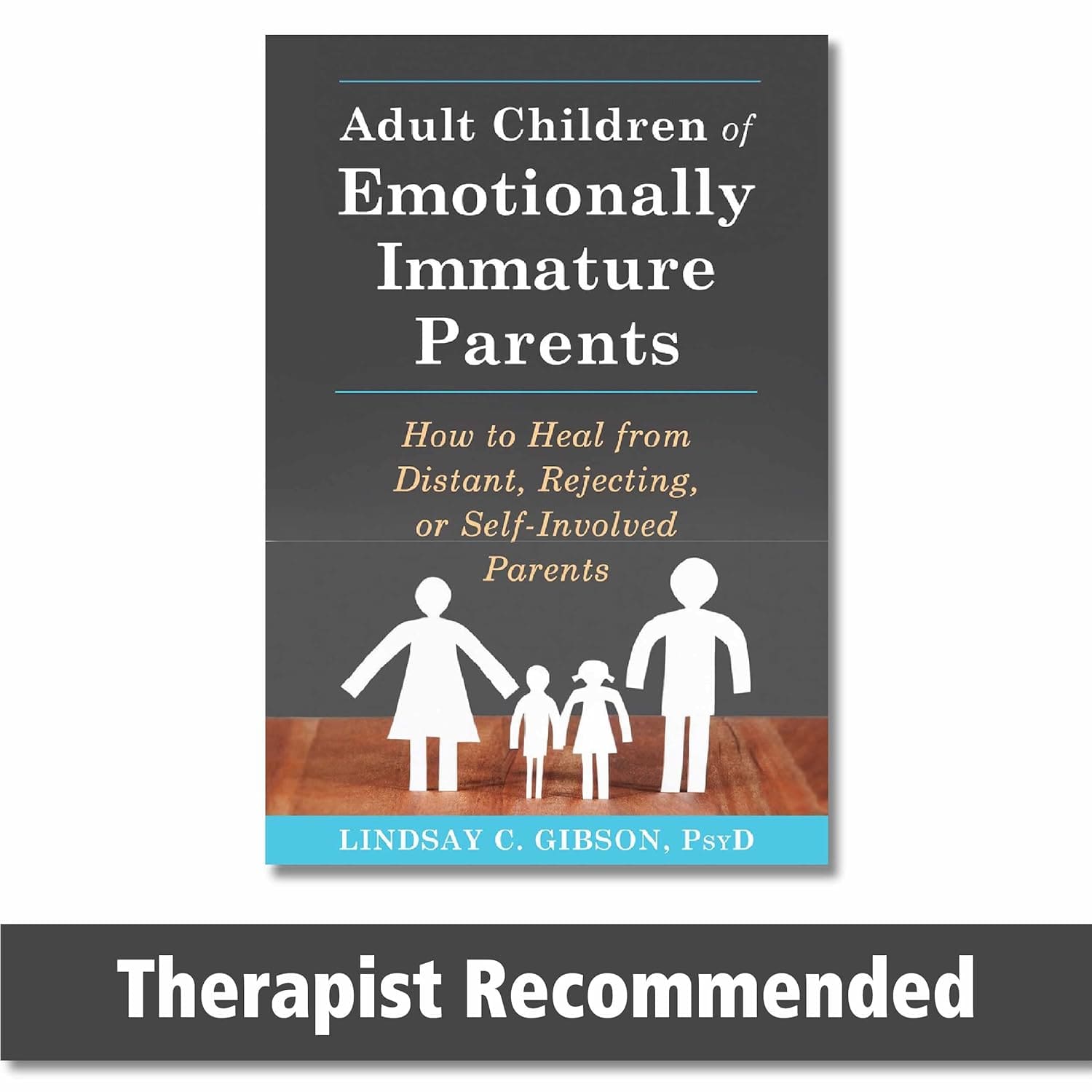Parenting & Relationships
The Symbiosis of Parenting and Relationships: Finding the Balance
Parenting and relationships are intrinsically intertwined, often influencing one another in profound ways. As parents navigate the complexities of raising children, they simultaneously need to maintain and nurture their own relationships. The balance can sometimes be delicate, but understanding the dynamics can make the journey smoother. Let’s delve into the roles, influences, and effects of parenting within the realm of relationships.
1. What is the parental role in the relationship?
The role of a parent in a relationship transcends merely raising a child. It’s about fostering a nurturing environment, providing stability, and setting precedents for future relationships the child might form.
- Guidance and Structure: Parents are the primary guides for a child. They lay down the foundations of understanding right from wrong, teaching values, ethics, and the importance of love and respect.
- Emotional Support: As pillars of emotional strength, parents offer comfort during trying times, celebration in moments of joy, and a listening ear always.
- Setting Precedents: The way parents interact with each other and with their child sets a template. Children often emulate these patterns in their future relationships, whether they’re friendships, romantic engagements, or even professional interactions.
2. How do parents influence relationships?
Parents play a pivotal role in shaping a child’s perspective on relationships.
- Model Behavior: Children learn by observation. They absorb the nuances of their parents’ interactions — the gestures of affection, methods of conflict resolution, and ways of communication. This inadvertently becomes their initial blueprint for relational interactions.
- Direct Teaching: Parents impart lessons, both explicitly and implicitly. Discussing relationships, sharing experiences, or even setting boundaries directly influences a child’s comprehension of relationships.
- Feedback and Validation: Parents’ feedback, whether it’s about a child’s friends or their first heartbreak, holds weight. Their reactions and advice can validate or challenge a child’s decisions, molding their future choices.
3. How do you balance relationship and parenting?
Maintaining a romantic relationship while parenting can be challenging, but it’s not insurmountable. A few strategies to find equilibrium include:
- Prioritize Quality Time: Allocate dedicated moments for your partner, devoid of parenting duties. Even small gestures like a date night or a brief chat after the kids are asleep can rekindle connection.
- Communicate Openly: Discuss parenting styles, responsibilities, and concerns. Transparency ensures both parents are on the same page, reducing potential conflicts.
- Share Responsibilities: Equitable distribution of chores and child-rearing tasks not only eases the burden but also fosters mutual respect and understanding.
- Self-Care: Individual well-being is crucial. Taking time for oneself — whether it’s a hobby, relaxation, or personal growth — rejuvenates and subsequently enhances both parenting and romantic relationships.
4. How parents’ relationship affects child relationships?
The relationship between parents serves as the first ‘real-life’ example for children. Its influence is paramount in various ways:
- Building Trust: Children who witness a healthy, trusting relationship between their parents are more likely to foster trust in their personal relationships.
- Conflict Resolution: Observing parents handle disagreements amicably teaches children the skills of negotiation, understanding, and compromise.
- Self-Esteem and Worth: A loving parental relationship often instills a sense of security in children, boosting their self-esteem. They learn to seek and offer respect in their future relationships.
- Understanding Commitment: Commitment, sacrifice, and perseverance are integral to relationships. When parents model these values, children are better equipped to face challenges in their personal relationships.
Conclusion
Parenting and relationships are two sides of the same coin. The symbiotic nature of their coexistence has lasting impacts on both parents and their offspring. By understanding their roles, influences, and intricacies, families can foster environments of love, understanding, and growth. Remember, every interaction is an opportunity to teach, learn, and, most importantly, to love.
Showing all 3 results




